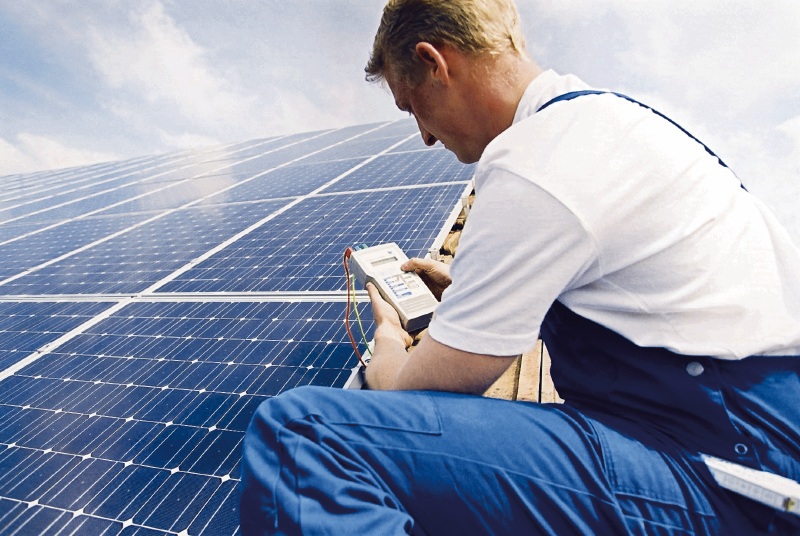

Solar and other renewable energy technologies are widely adopted in both residential and commercial applications in the world. The solar appliance market will continue to grow as prices drop and governments continue to offer tax breaks and other incentives for transition from fossil fuels. With this growth, there will be an increasing need for photovoltaic testing services to verify that new products meet consumer demands for safety and performance. A growing market is also likely to mean increasing regulatory demands - this is something that will require complex partnerships and industry expertise to follow.

When you need solar panel certification or photovoltaic tests, EUROLAB is ready to be your solution partner.
In OLUROLAB, besides managing more routine "specification testing" and certification services, it has the expertise and skills to assist you with non-standard engineering and testing challenges in your solar products. Our engineers will work with you to help you quickly and efficiently market your product by helping you identify and develop the requirements you need.
The MIL-STD-810, Method 505 standard for photovoltaic devices is one of the most important protocols when launching a new solar product. It is not only required for any device used in defense applications, but also represents a quality standard that consumers increasingly trust.
Investing in appropriate photovoltaic tests will help you stand out in the crowded and still growing solar market. It will also reduce your responsibility by ensuring that each device meets its promised expectations for performance and longevity.
Compliance with MIL-STD-810, Method 505 includes a two-procedure test:
EUROLAB has the ability to formally evaluate and test PV solar equipment to ensure it will meet all operating challenges faced throughout the product's lifetime. In addition to specially defined test requirements, our services cover the standard test requirements of industry specifications such as UL1703, IEC 61215 and MIL-STD-810.
EUROLAB is positioned as an industry leader in both providing advanced testing services and adopting new technologies as they become available. It is one of the first national laboratory networks to offer solar cell testing services and will continue to improve its capabilities as the alternative energy devices market grows and changes over the coming years.
Our in-house engineers can develop a PV testing program that meets your regulatory needs and positions you for future success. For more information on how EUROLAB can help you achieve your PV testing and engineering goals, contact us today.
To get an appointment, to get more detailed information or to request an evaluation, you can ask us to fill in our form and reach you.